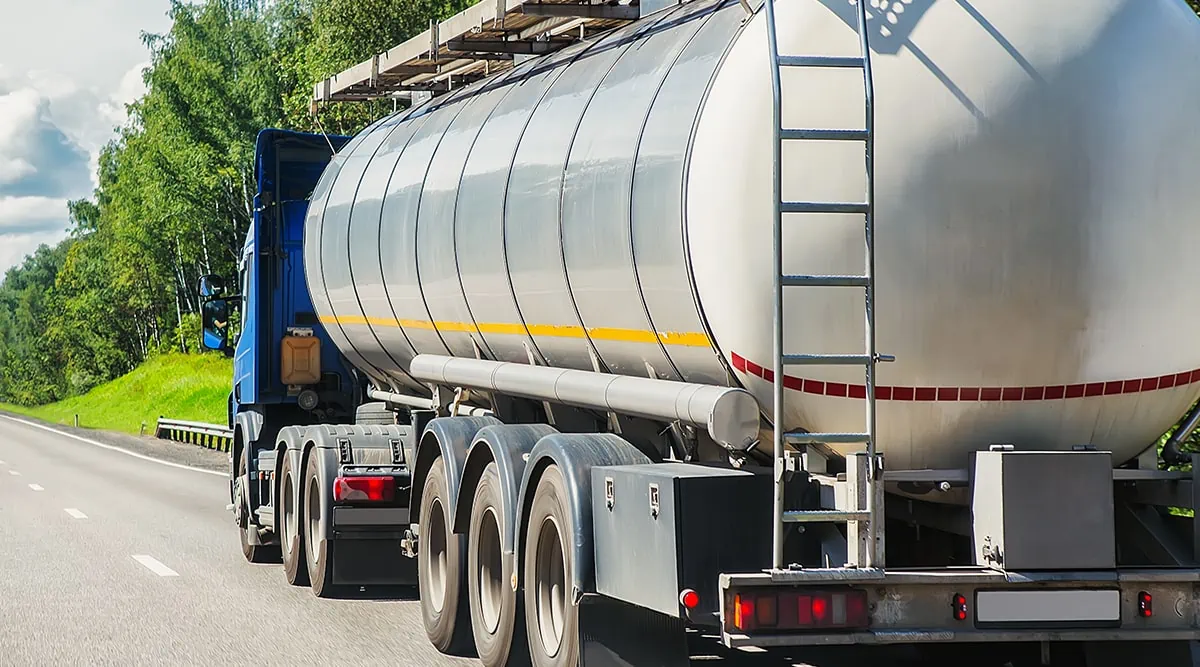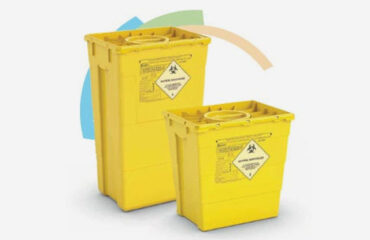What Does Reclaim Waste Do?
What Does Reclaim Waste Do?
Blog Article
How Reclaim Waste can Save You Time, Stress, and Money.
Table of ContentsThe Basic Principles Of Reclaim Waste A Biased View of Reclaim WasteSome Ideas on Reclaim Waste You Need To KnowThe smart Trick of Reclaim Waste That Nobody is DiscussingReclaim Waste Fundamentals ExplainedThe 20-Second Trick For Reclaim Waste

Never ever put unsafe substances down sinks, bathrooms or stormwater drains Compounds including petrol, grease, oil, chemicals and herbicides, and solvents such as paint strippers ought to not be poured down sinks, toilets or stormwater drains. These substances are tough to eliminate in the sewer therapy process and trigger pollution troubles in our regional rivers.

Although liquid waste is a term that covers a broad selection of materials, there's a good factor why leaving its disposal to the professionals is recommended. Fluid waste is non-solid material that has no additional usage and should be treated and dealt with according to local, state and government regulations.
The 6-Second Trick For Reclaim Waste
Examples of fluid waste can consist of wastewater, fats, oils or grease, made use of oil, liquids, solids, gases or sludges and hazardous household fluids, there are some that are taken into consideration to be more dangerous than others when it comes to the environment and the health and wellness of animals and human beings alike. It's because of this that each state and region have actually strict laws linked to fluid waste management.
Liquid waste can be stored in holding tanks or packaged in drums, intermediate bulk containers or approved little containers prior to either being treated or gotten rid of via outsourced vacuum cleaner vehicles. Given the nature of the products, liquid waste can not enter the general waste stream and there are strict guidelines on how to throw away it properly.
(https://www.pageorama.com/?p=reclaimwaste1)Relying on a determination of the degree of threat, it might be essential to remediate those websites. Furthermore, harmful fluid chemical wastes are regulated waste and has to be tracked according to the state waste legislation. Under the chain of protection and obligations, proprietors are accountable and accountable for waste generated by a service.
Among the core applications for superabsorbent polymers (SAPs) is liquid waste solidification. liquid waste removal. SAPs are utilized by waste monitoring experts to avoid possibly harmful fluids from going into rivers, groundwater aquifers, and other delicate settings. Due to the fact that fluids can rapidly deliver impurities right into ecological receptors and potentially add to geotechnical failings, fluid wastes are often banned from disposal in land fills
The Best Strategy To Use For Reclaim Waste
Basically, free liquids are liquids that separate from the strong section of waste product. Fluid waste can consist of the following: HDD mud and cuttings Land fill leachate Wastewater treatment sludge & biosolids Dug up sediments Oil and gas drill cuttings Clearing up pond muck Hydro Excavation slurry Coal burning residuals/ash Storage tank base sludge Concrete grinding/polishing slurry Associated Post: For a useful example of totally free liquids separating from waste material, think about the complying with situation: A waste administration professional loads a dump truck visit here with sludge from a wastewater treatment plant's oygenation container, during a routine maintenance event.
However, when the vehicle driver reaches the landfill, he notices water leaching from the sludge and putting from the dump truck. The load was rejected by the landfill and the vehicle driver was compelled to dispose of the waste as a fluid waste at a special center, which enhanced the disposal costs enormously.
We also require to be responsible for the appropriate disposal of our waste materials. It is not enough that we pay waste disposal companies to take treatment of our rubbish.
Indicators on Reclaim Waste You Need To Know

Segregating your waste can start inside the home. Segregate completely dry and liquid waste as well as edible waste, naturally degradable and non-biodegradable materials.
Layer the bottom with dirt to soak up the damp waste. Layer the garden compost with damp and completely dry waste as well as soil to maintain a balance between the wet and the dry.
Indicators on Reclaim Waste You Need To Know
Cover the compost container. As soon as a week, add soil on top of the garden compost. To promote faster disintegration, you can additionally add semi composted dirt to the garden compost. Preserve the compost. If you discover the smell is coming to be as well solid, add extra papers and paper waste or add more holes to the garden compost bin to keep the equilibrium of the waste products.
We likewise need to be accountable for the proper disposal of our waste products. It is not sufficient that we pay waste disposal companies to take treatment of our rubbish.
Our waste, our responsibility. Have you ever before questioned what happens to your liquid waste after it's gathered? Did you recognize that liquid waste can be recycled?
The Greatest Guide To Reclaim Waste
The dreamland is a great outside room with a lot of sunshine and air. Segregate your waste. Segregating your waste can begin inside the home. Set apart completely dry and fluid waste along with edible waste, naturally degradable and non-biodegradable products. Always keep the cover on your containers to avoid bugs, worms, flies, and undesirable smells.
You can use old trash can, bucket, yard pot or old plastic drums. Pierce four to five holes in the container so the air can circulate. Layer all-time low with dirt to absorb the damp waste. Beginning the composting procedure. Layer the garden compost with damp and completely dry waste along with dirt to maintain a balance between the damp and the dry.
Cover the garden compost bin. Once a week, add dirt on top of the compost. To help with faster decomposition, you can additionally include semi composted soil to the garden compost. Preserve the garden compost. If you observe the odor is becoming too strong, include extra papers and paper waste or add even more holes to the garden compost bin to maintain the equilibrium of the waste products.
Report this page